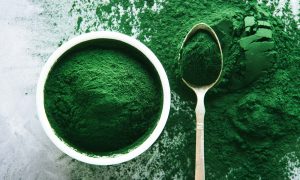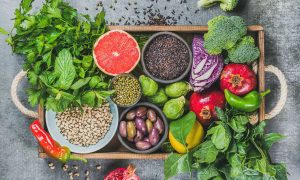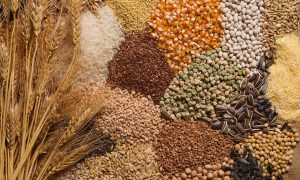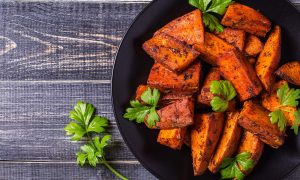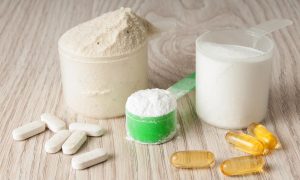Plant Based Protein Sources To Stock Up On
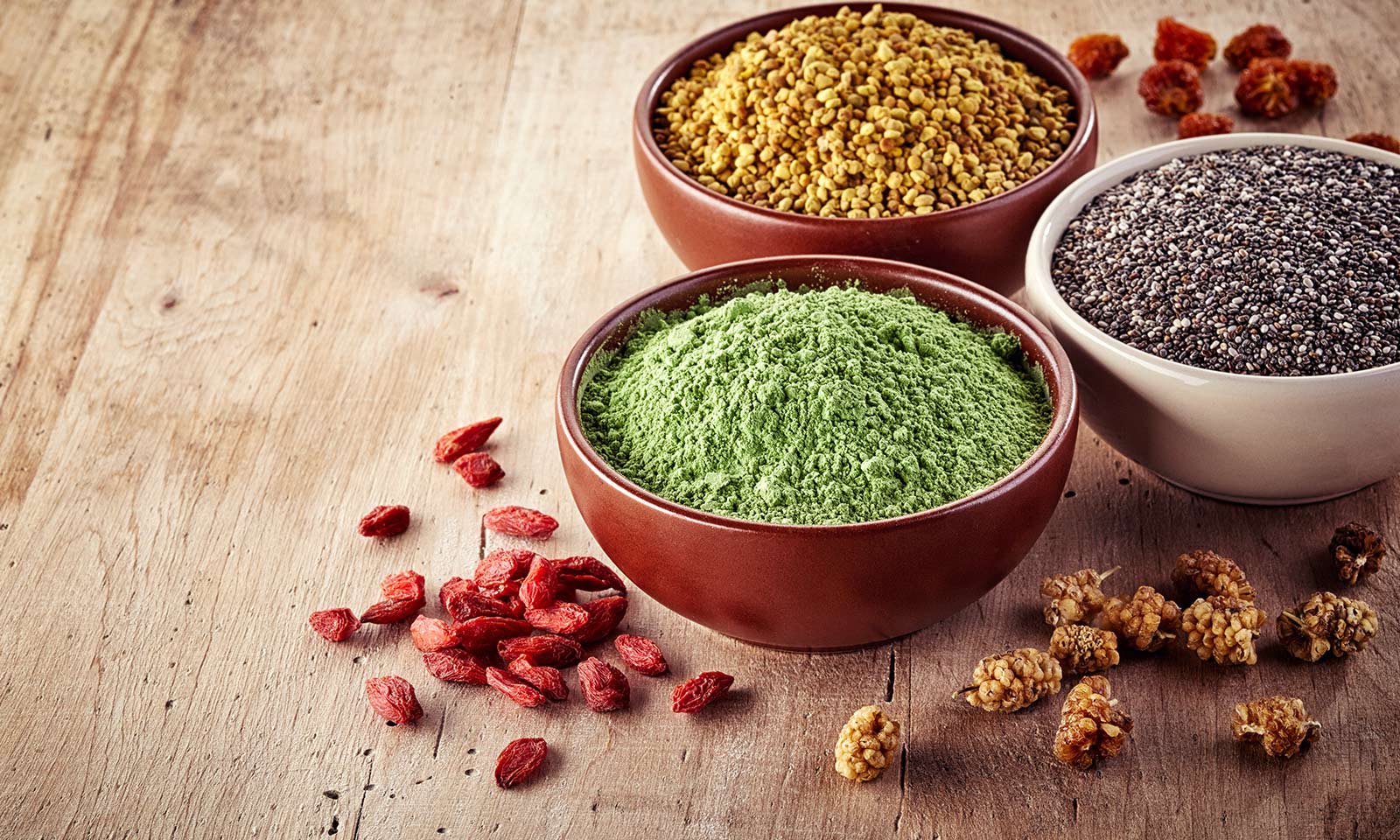
|
|
Currently there are more vegans and vegetarians living in the world than ever before, and not only that, but it does appear as if people are making much more of a conscious effort to cut back on their meat intakes. Meat-free Mondays are now very common in homes across the globe, and if you’re looking to cut back on your animal-based food intakes, it is important that you understand where you can source alternative forms of protein from. Protein is critical for cellular function and health, not to mention the fact that our muscles also rely heavily on proteins and the amino acids that they contain. Without proteins, our muscles would not function correctly, nor would they be able to grow and repair themselves, so bulking up on virtually no protein would be near impossible. Some of the main sources of protein in the world come from animal-based products, including meat, fish, seafood, eggs, and dairy. If you’re a non meat eater you will struggle to get enough protein, but if you’re vegan, finding enough protein can be harder than ever. The good news however, is that plant-based proteins are now gaining popularity with the mass market, so they are becoming more common in stores up and down the globe. If you’re looking for non animal-based protein sources, here’s a look at some of the best plant based protein sources you may wish to stock up on.
Hemp seeds

Yes, we all know what hemp leaves are, (especially those of you who have visited Amsterdam) but hemp seeds have a very, very different effect on your body. Hemp seeds are a fantastic source of plant-based protein that can be added to a variety of dishes and beverages to up the protein and nutrient contents. 3 tablespoons of hemp seeds will provide you with just over 10 grams of protein, which is not to be sniffed at. Not only are they a great source of proteins and amino acids however, but hemp seeds are also packed full of healthy omega 3 fatty acids, which are incredibly healthy and beneficial for the heart, and countless other parts of the body as well. Hemp seeds can be sprinkled over salads to up the nutrient content, they can be added to smoothies, you can use ground seeds to make bread, you can bulk out soups, stews, and curries with them, or you can even have them by themselves. They are not only versatile and healthy, but they taste great as well.
Quinoa
Quinoa may have caused a number of heated debates regarding its pronunciation, which by the way, is keen-wah, but don’t let that put you off, as Quinoa is considered one of the healthiest ingredients on the planet. Although it is often referred to as being a grain, in actual fact, quinoa is a seed. Rich in complex carbohydrates, vitamins, and minerals, this fluffy grain-like seed works perfectly as a side dish in place of rice, noodles, couscous, pasta, etc. Quinoa is also packed full of dietary fiber, making it great for the digestive system. Quinoa is also actually a complete protein source because it contains all essential amino acids required by the human body. In particular, this seed is a great source of immune system-boosting vitamin C, magnesium, potassium, and iron, so not only is it a great animal-free protein source, it is also great for overall health and well-being. One cup of quinoa will provide around 11 grams of protein.
Spirulina

This blue-green algae is absolutely packed full of protein and other nutrients, making it one of the healthiest natural plant-based ingredients in the entire world. 1 tablespoon of spirulina powder will provide you with nearly 5 grams of protein, which can be added to drinks and smoothies, soups, stews, curries, and much more besides. Not only does it contain an abundance of protein, spirulina is also crammed full of amino acids, 22 to be precise, including all essential amino acids, so this too is a complete protein. It is also rich in vitamin C, vitamin K, beta-carotene, and GLA, otherwise known as Gamma Linoleic Acid. By weight, this protein source is an astonishing 65-70% pure protein, which is extremely impressive indeed. Spirulina has a slightly nutty, surprisingly sweet taste that enhances smoothies and juice blends perfectly.
Lentils
Lentils are an absolute god-send for vegans and vegetarians looking for ways of enhancing savoury dishes such as soups, curries, and stews. Not only are lentils a great source of protein, they are also rich in dietary fiber, and slow-release complex carbohydrates as well. A member of the pea family, lentils can bulk out all kinds of dishes, or they can be the star attraction. Indian-inspired dhal recipes, for example, are based exclusively around lentils and they taste divine. 1 cup of lentils will provide you with a whopping 18g of protein, which actually, by weight, is more than many animal-based sources of protein.
Pea protein powder
Whilst it’s all well and good talking about whole food protein sources, sometimes we do not have the time nor the inclination to cook and consume whole foods. Sometimes we need a quick, easy, and convenient protein fix and when animal-based protein sources such as whey and casein protein are not viable options, plant-based protein supplements such as pea protein powders are ideal. Made from yellow split peas, pea protein powder is enriched with proteins, vitamins, minerals, and amino acids. The powder can be added to liquids and can then be used to make a delicious, protein packed nutritious beverage that will help you to adequately meet your daily protein macro requirements.

